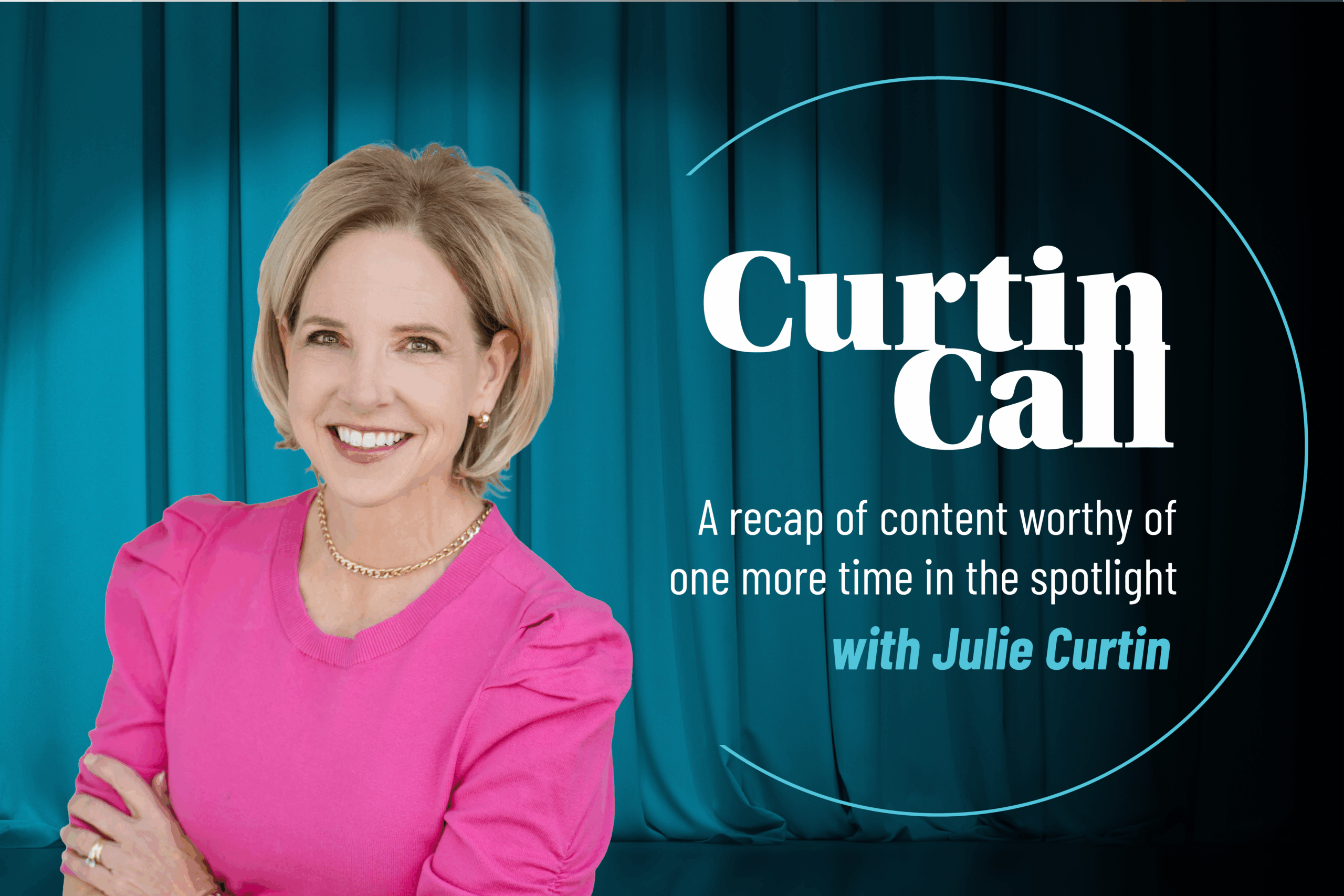Curtin Call: September 2025
September 29, 2025
There’s something about fall that invites reflection—on what’s working, what’s changing and what’s possible. As the leaves start to turn and routines settle back in, this season reminds us that transformation doesn’t always have to be loud to be meaningful. Sometimes, it’s a cleaner river. A better bathroom. A policy that makes life just a little easier for working parents.
This month’s stories are all about those kinds of shifts, quiet but powerful changes that shape how people live, work and feel about the places they call home.
On Universal Child Care in New Mexico
New Mexico is making history as the first state in the U.S. to offer free universal child care to nearly all families, regardless of income. Starting November 1, 2025, families with children from birth to age five will be eligible for no-cost care at licensed centers, homes and preschools. The program is funded by a public trust built from oil and gas revenues, ensuring long-term sustainability.
This policy is a game-changer for economic development. By easing one of the biggest financial burdens for working parents, New Mexico is boosting workforce participation, supporting early childhood development, and creating a more inclusive economy.
On Reenvisioning the Mundane
Rethinking public restrooms may not be glamorous, but they could be quietly shaping how people feel about your city. A recent article highlights how clean, accessible, and thoughtfully designed restrooms, from Tokyo’s transparent toilets to New York’s Bryant Park facilities, can build civic trust and improve the overall experience of public spaces.
For place marketers and economic developers, it’s a reminder that even the most basic infrastructure can influence how welcoming, inclusive and livable a place feels. Sometimes, the path to a more vibrant downtown starts with a really nice bathroom.
On Long-Term Unemployment for the Next Generation
A growing number of college graduates are facing long-term unemployment, challenging the traditional belief that a degree guarantees job security. Economic shifts, automation and misalignment between academic programs and labor market needs are contributing to this trend, leaving many young professionals underemployed or out of work entirely.
This trend underscores the importance of aligning education with evolving workforce demands. Economic developers can play a key role by fostering partnerships between higher education institutions and local industries.
On Cleaning the Chicago River
In a historic moment for environmental restoration, hundreds of swimmers recently participated in an open-water race in the Chicago River. Once a symbol of industrial pollution, the river is now clean enough for recreation, thanks to decades of investment in water quality and urban revitalization.
This transformation is a powerful example of environmental placemaking. Turning a polluted waterway into a recreational asset enhances quality of life, boosts tourism and reinforces a city’s brand as sustainable and forward-looking. It’s a compelling story for place marketers and proof that environmental investments can yield economic and reputational returns.
On the Connection Between Financial Literacy and Talent Retention
A new report finds that offering financial wellness programs, such as budgeting tools, student loan counseling and retirement planning, can significantly improve employee retention, especially among younger workers. As Gen Z faces rising debt and economic uncertainty, these benefits are becoming more valuable than traditional perks.
For communities competing to attract and retain talent, this insight is critical. Supporting financial literacy, whether through employers, nonprofits or public programs, can improve retention and build a reputation as a place that truly supports its residents. It’s a reminder that economic development isn’t just about jobs, it’s about helping people thrive where they live.
If you’re unable to access any of the articles due to a paywall, feel free to reach out to me at julie.curtin@aboutdci.com — I’m happy to share a link or PDF of the full piece.
